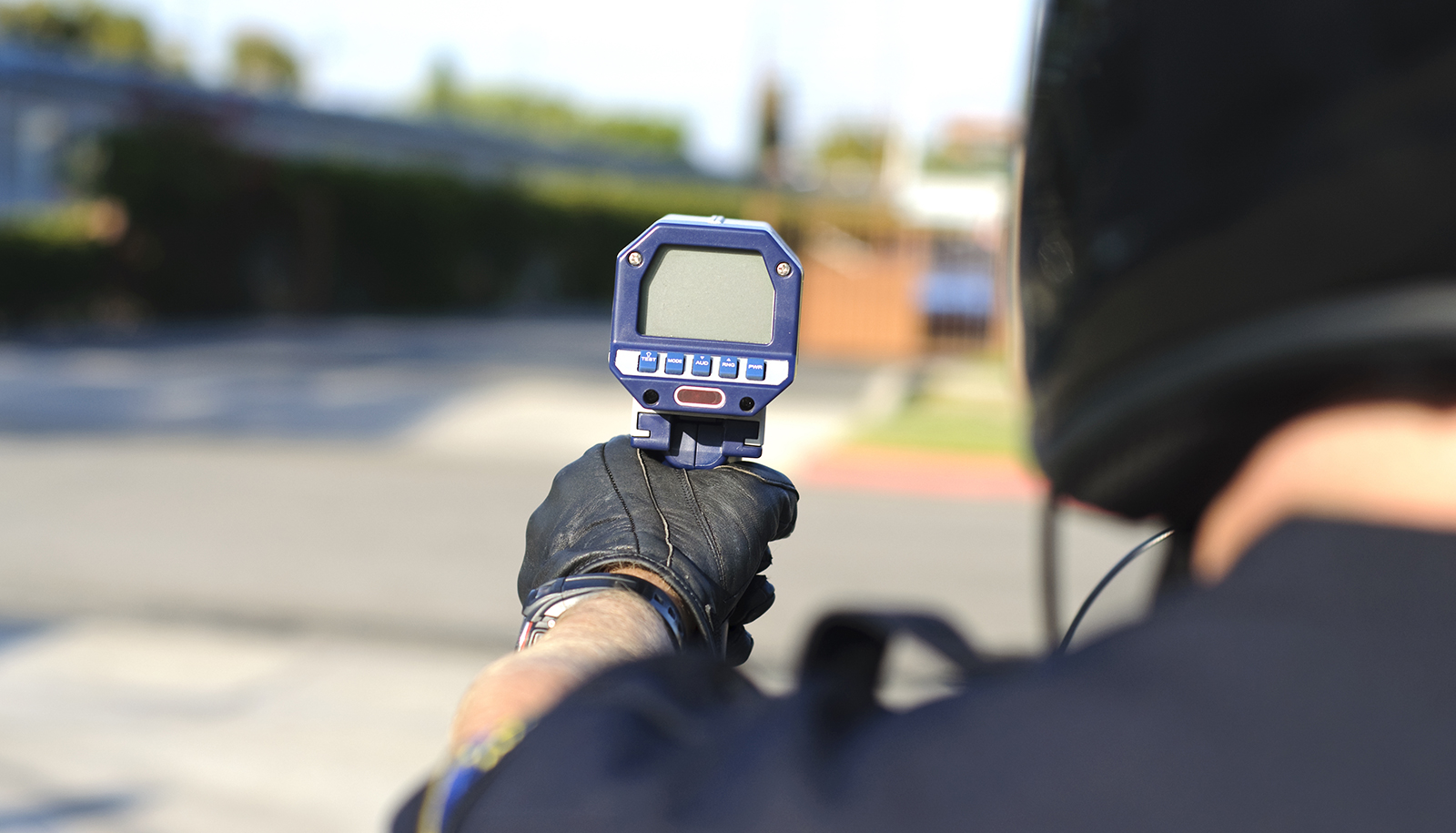Getting a speeding ticket can be both an expensive and inconvenient hassle. Not only does it make you late, but you’ll probably have to pay the fine, which will also likely increase your insurance premiums.
Are you curious about when a speeding ticket shows up on your insurance? That depends on several factors; let’s consider what happens when your insurance company finds out about your ticket.
DO TICKETS SHOW UP ON INSURANCE?
The first thing to consider is when the speeding ticket is reported to your state’s Department of Motor Vehicles (DMV). Until the ticket is reported, your insurance company won’t know about it, and you won’t get any points on your license.
However, if the ticket is reported, then the DMV will add points to your driving record, which could affect your auto insurance premiums. The time this takes varies from state to state, so check with your local DMV for specific information.
In some cases, insurers may not even find out about a speeding ticket until you renew or switch policies. Many insurance companies only review driving records once per policy period — typically at renewal — so if you get a ticket between policy periods, they may not find out until the next time you renew or switch policies. However, other insurers will review records more often.
HOW MUCH DOES INSURANCE GO UP AFTER A SPEEDING TICKET?
The impact of a speeding ticket on car insurance depends on many factors, such as how much over the speed limit you were going, whether there were other offenses involved (such as reckless driving or texting while driving), and whether it was in a school zone with children present. The more serious the offense, the greater its impact on car insurance premiums will be.
In most states, minor violations like going 10 miles an hour over the speed limit usually result in an increase of 5–20% in auto insurance premiums for three years after being convicted of the violation; however, this can vary from state to state, so check with yours for specifics.
How Long Does a Speeding Violation Stay on Your Record?
Speeding tickets can remain on your driving record for several years, and the precise time depends on the state issuing the ticket.
In general, speeding tickets stay on your driving record for anywhere from three to five years; however, more severe violations may remain much longer. Some states even keep records of all traffic offenses indefinitely.
While many motorists are unaware, most insurance companies review policyholder records for up to seven years before determining premiums. This means that a speeding ticket could have an impact beyond simple fines and points and could also affect car insurance rates by increasing premiums or canceling policies outright. Again, it’s wise to familiarize yourself with the applicable laws in your particular state and the policies of your auto insurer.
Can You Have a Ticket Removed From Your Record?
To get a speeding ticket removed from your record, it’s important that you take all the proper steps as soon as possible:
- ● If a state police officer issued the ticket, you can speak with the court to determine if you are probation-eligible. If so, you may be able to attend traffic school classes or online classes that qualify for points off or dollars off your fine in some cases.
- ● Additionally, you can also request a plea agreement for reducing or dismissing points associated with the violation, or you can go to trial and fight it out. Traffic lawyers are available to help argue your case for lesser penalties or even the dismissal of the ticket. It’s best to consult them directly if this is an option for you, as they’ll know potential negotiation strategies with the court.
- ● Lastly, regardless of the outcome of the legal proceedings, setting up an installment plan for your speeding fine with the court and timely payments on said plan looks good on your credit and further secures your chances of having the ticket dropped from your record.
It’s vital to understand how quickly traffic tickets show up on your insurance and what impact they can have on premiums so that you can plan accordingly and avoid big rate increases down the road. As we’ve seen above, different states handle tickets differently, but they will show up sooner rather than later, causing higher auto insurance rates depending on how serious the violation was (as well as other factors like prior history and location of the offense). Ultimately, it pays to drive safely!
And if you need help finding the best car insurance coverage for the best price, start by speaking to a SimplyIOA agent at 833.872.4467 or get an auto insurance quote online now.










